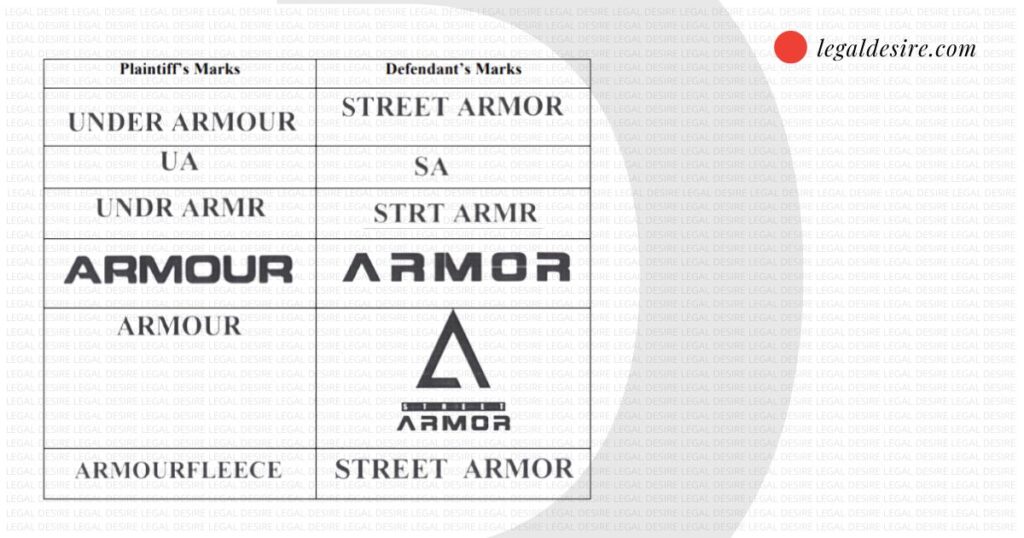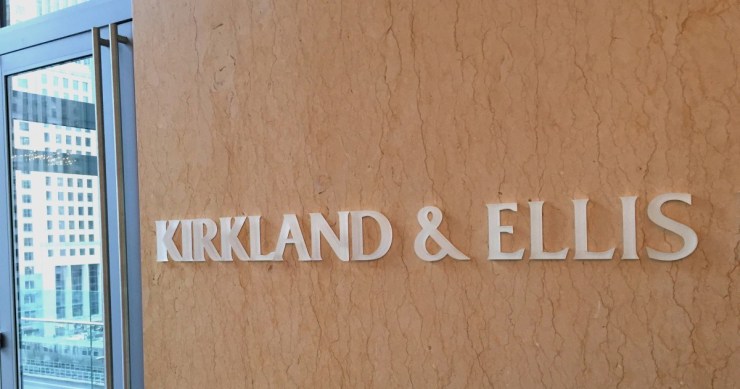Now Reading: Gujarat High Court Rules Two Indian Parties Can Choose a Foreign Seat of Arbitration
-
01
Gujarat High Court Rules Two Indian Parties Can Choose a Foreign Seat of Arbitration
Gujarat High Court Rules Two Indian Parties Can Choose a Foreign Seat of Arbitration
In a landmark judgement, the Gujarat High Court conclusively reiterated yesterday that two Indian parties can now hold a foreign seat of arbitration, i.e. Indian parties now have the capacity to choose a seat of arbitration outside the territorial limits of India and this can be deemed to be regarded as a foreign or a neutral seat. The decision pertains to an enforcement petition of a foreign award passed between two Indian parties.
The judgement passed by the Gujarat High Court was in the case involving GE Power Conversion India, who were the Petitioners versus PASL Wind Solutions Private Limited, who were the Respondents. The Petitioners, GE Power Conversion India Private Limited is an organization incorporated and established under the requisite provisions of the Companies Act, 1956 and it has its registered office in Chennai. GE Power Conversion India Private Limited is a corporation which primarily deals in the energy infrastructure sector and manufactures and trades in advanced motor driven and control technologies. It also offers technical support and intervention to its clientele. The Respondents, PASL Wind Solutions Private Limited is an organization incorporated and established under the Companies Act, 1956 and has its registered office in Ahmedabad. The dispute between these parties began in the year 2010, when the respondent issued three purchase orders to the petitioner asking the petitioner to supply six sets of converters. However, during the course of the issuance of the Purchase Order and the Petitioner settling the order as per the Purchase Order, certain disputes arose between the parties with regards to the provisions enumerated in the Purchase Order. There arose some issues with regards to the functioning of the converters and the Petitioners reiterated that it had already rendered the free after service to the Respondents according to the terms of the Purchase Order and the warranty of the converters had expired, however, on the other hand, the Respondent opined that the warranty of the converters was still going on and the Petitioners had the duty to provide the after sales services free of cost. The matter prolonged into a fight and eventually the parties decided to resolve the disputes amicably by entering into a settlement agreement dated 23rd December, 2014. The Arbitrator who presided over the settlement denied the claims made by the Respondents and awarded the Petitioners Rs. 2.5 Crores and $40,000/- so that they could cover their legal costs and expenses. The Arbitrator also levied an accumulated interest amount in consonance to the provisions of the Indian Interest Act, 1978 and the arbitrator passed the award within the prescribed time limit as per enumerated by the ICC. The Petitions were filed in order to enforce the contents of the award passed as the Respondents had made no payments which it was supposed to according to the contents of the Award. An affidavit in reply was then filed by the Respondent to the arbitration petition filed by the petitioner and also a rejoinder was filed.
The Counsel for the Respondent, Adv. Tushar Hemani was of the opinion that the fact that the petitioners applied under Section 9 of the Arbitration and Conciliation Act, 1996, itself states that the award passed in a domestic award because Section 9 of the Act deals with the provisions pertaining to the granting of an Interim Relief and the provisions of Section 9 would only be applicable when the place of arbitration is within the territorial limits of India and the provisions are solely applicable to international commercial arbitration only when Part II is applicable. The Counsel for the Respondent further reiterated that on a plain reading of the provisions, it is clear that for an award to be deemed to be regarded as a foreign award, the award must be passed in a territory which is beyond the territorial limits of India and that is where the same has been enforced. The Counsel for the Respondents was of the view that, “Two Indian parties cannot be allowed to gain advantage simply by designating a seat abroad in an arbitration that otherwise has no other foreign element. If the parties are allowed to do so, the purpose of the Arbitration Act will be completely defeated. The mechanism given to the foreign parties for a quick redressal with deliberate lesser judicial scrutiny to foreign parties will stand defeated if two Indian parties are allowed to choose a seta abroad.”
The matter was presided over by Justice Biren Vaishnav of the Gujarat High Court who passed a judgement and the key features of the Judgement are as follows:
- Indian parties are entitled to choose a seat of arbitration outside India as a foreign/neutral seat. Such an agreement is not in violation of the public policy of India
- An award that is passed in a foreign seat is a foreign award and may be enforced under Part II of the Arbitration & Conciliation Act, 1996.
- While determining whether an award is a foreign award enforceable under Part II of the Act, the nationality of the parties is not a relevant consideration
- Part I of the Act does not apply and will not get attracted just because the parties to the arbitration are Indian parties.
- A party in whose favour a foreign arbitral award is ruled, cannot apply for an interim relief, the provisions for which are enumerated under the provisions of Section 9 of the Arbitration and Conciliation Act, 1996. It is imperative to understand that the provisions of this section will not be applicable since Part I of the Act is not applicable to foreign arbitral awards, which was enumerated in the Judgement passed by the Gujarat High Court.
- The provisions of Section 2(2) reads to imply that the provisions of Section 9, 27 and Clause(a) of Sub-section (1) and Sub-section (3) of Section 37 shall also apply to international commercial arbitration, even if the place of arbitration is outside India, and an arbitral award made or to be made in such place is enforceable and recognised under the provisions of Part II of the Act.
The applications made by both the parties were in consonance to a foreign award dated 18th April, 2019, which was passed by the Arbitral Tribunal which presided over the matter in Zurich, Switzerland.
The Petitioner was led by Cyril Amarchand Mangaldas’ Partner, Shaneen Parikh; Principal Associate, Shalaka Patil; and Associate, Surya Karan Sambyal who assisted Senior Counsel Mr. Mihir Thakore along with Mr. Darshan Varandani and Mr. Jaideep Verma.
The Petitioner was instructed and assisted by Shaneen Parikh, who is a partner at Cyril Amarchand Mangaldas. Mr. Parikh was of the opinion that the decision passed by the Gujarat High Court was a welcome and a far reaching decision since the Gujarat High Court passed a judgement which was in favour of arbitration and contended that two Indian parties are entitled to choose a foreign seat of arbitration. Mr. Parikh further opined that this has been an issue which has been lingering since time immemorial and has in turn led to a number of contracts being plagued, thereby also affecting the freedom of the parties to the dispute, which can be deemed to be regarded as the core or the fundamental basis of arbitration.








